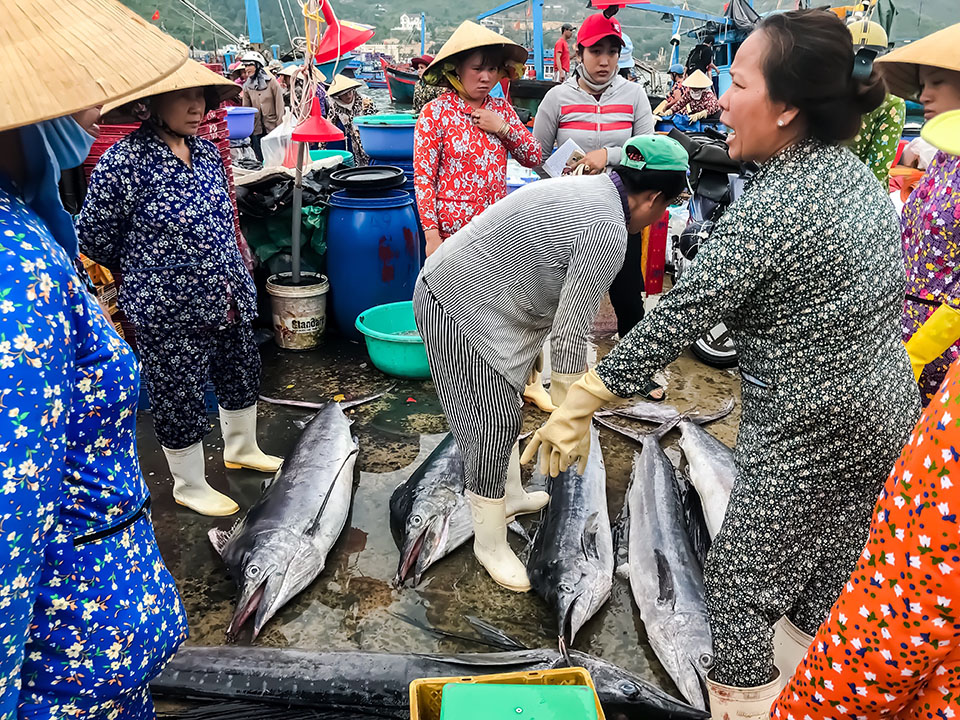State puts RCEP pact on fast track
Bangkok Post - 17 November 2020
State puts RCEP pact on fast track
By Phusadee Arunmas
The government is speeding up the process to enable parliament to approve its signing of the Regional Comprehensive Economic Partnership (RCEP) trade pact, potentially the word’s biggest free trade deal, by February 2021 to pave the way for full ratification within 2021, says Commerce Minister Jurin Laksanawisit.
Seeing the pact as a vital tool for economic recovery and growth, Mr Jurin’s ministry expects free trade among RCEP members to start by the middle of next year, following almost eight years of talks. Mr Jurin said the pact may impact some businesses, but they ought to receive assistance to cope with any adjustments.
"The government will propose the RCEP pact be endorsed as soon as possible during this parliamentary session [November-February 2021]," he said. "Political conflicts won’t have any affect upon the house’s consideration because the pact will bring many benefits to Thailand."
Once the pact is approved by lawmakers, the Asean Secretariat will be notified to complete the ratification process.
RCEP is a proposed free-trade pact between the 10 Asean member states: Brunei, Vietnam, Laos, Cambodia, Thailand, Myanmar, Malaysia, Singapore, Indonesia and the Philippines; and Asean’s six dialogue partners: China, Japan, South Korea, India, Australia and New Zealand. The deal comes into force when six Asean countries and three dialogue partners ratify the deal. Last year India decided against joining RCEP over unresolved issues, especially those concerning agricultural tariffs.
"I am confident Thailand will benefit from RCEP," said Mr Jurin. "The country can export tapioca, rubber, fish and food to 14 countries, and there are benefits in terms of investment and service sectors. I believe we will be able to improve upon our current ranking [11th] among the world’s leading food exporters."
Chanintr Chalisarapong, president of the Thai Tuna Industry Association, said he expects tuna exports to increase because of an expanded market. Exports would grow by more than 10%, from an average of 3-5%, he said.
Mr Jurin said the private sector would have 6-12 months to adjust to the pact, which will introduce a range of new issues ranging from trade promotion and investment protection to intellectual property and e-commerce.
The Trade Negotiations Department is considering remedy measures if industries are harmed.






